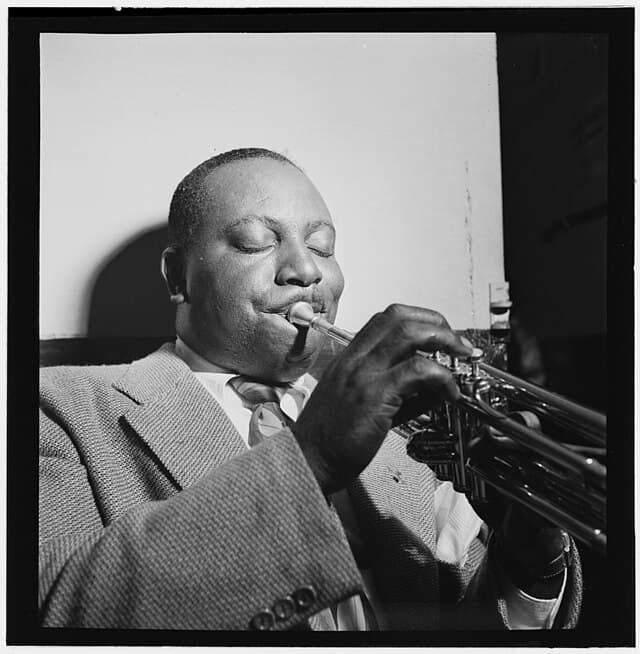
Defeating Hezbollah: Military, but Also Politics
By DANIA F. ARAYASSI
|In a moment in which Israel faces the fury of the evil, there is little poetry can do — little but inspire hope and remind us of the enduring deepest truths.

Already have a subscription? Sign in to continue reading
$0.01/day for 60 days
Cancel anytime
By continuing you agree to our Privacy Policy and Terms of Service.

By DANIA F. ARAYASSI
|
By CARL ROLLYSON
|
By THE NEW YORK SUN
|
By MATTHEW RICE
|
By JOSEPH CURL
|
By DANIEL McCARTHY
|
By LAURENCE ELDER
|
By BRADLEY CORTRIGHT
|